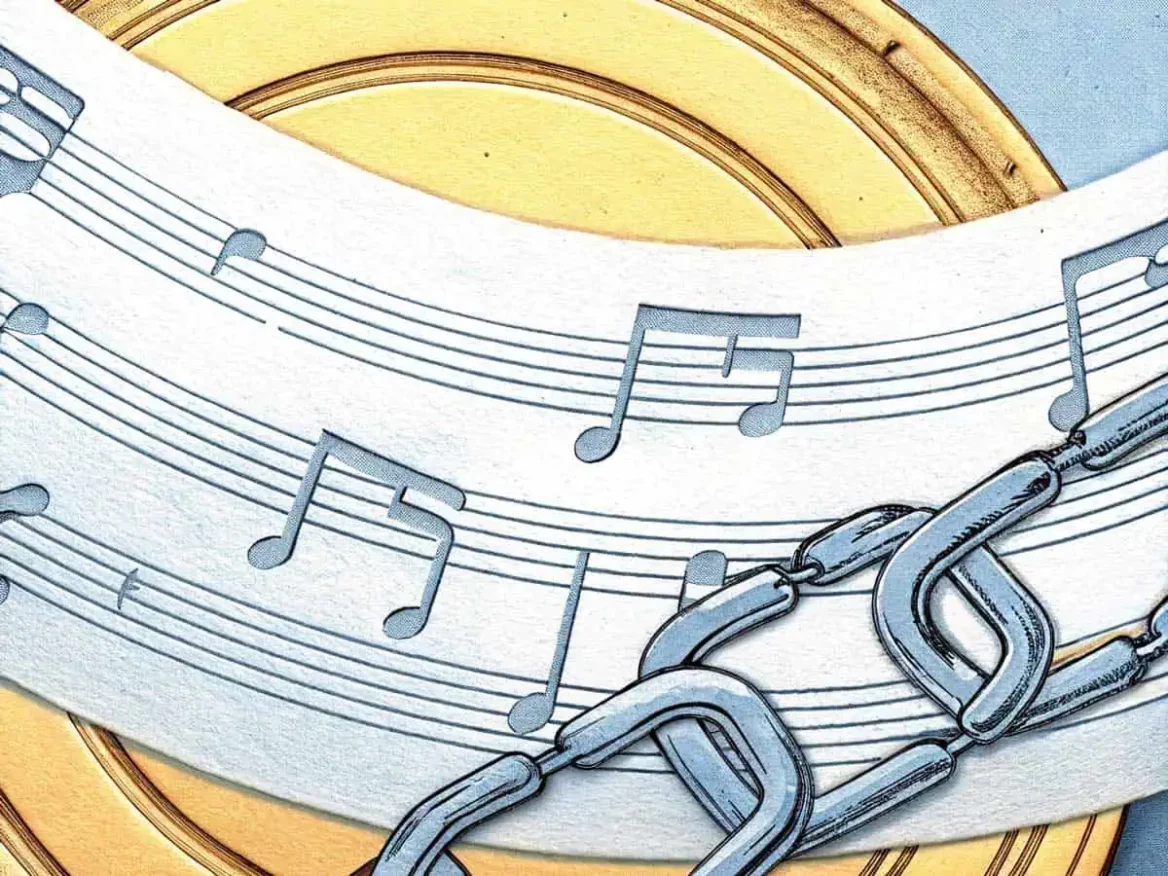In the US, ‘fair use’ allows copyrighted material to be used without permission under certain conditions. But how does that work in the Netherlands? A comparison between US and European rules.
In the United States, the concept of ‘fair use’ applies, which allows the use of copyrighted material without permission under certain conditions. But how would a case like that of Nicki Minaj and Tracy Chapman, in which a sample of a song was used, be judged in the Netherlands? This article compares the US and Dutch approaches and takes a look at relevant Procedural law.
Fair use in the US
Nicki Minaj used a sample of a Tracy Chapman song for her own composition in 2018. Chapman did not give permission for the use, whereupon Minaj decided not to release the song. Nevertheless, it leaked out, after which Chapman took her to court for copyright infringement.
The US judge recently ruled in Minaj’s favour, citing ‘fair use’. According to the judge, banning the use of small music clips would put pressure on creativity. Fair use is a US exception within copyright law, where judges test against four factors:
- The purpose and nature of the use (commercial or non-profit).
- The nature of the copyrighted work.
- The amount and proportion of the fragment used.
- The effect on the market value of the original work.
These factors are assessed in conjunction, which in practice often leads to complex discussions.
What about in the Netherlands?
Dutch copyright law has no ‘fair use’. European rules limit the exceptions that can be included in copyright law. In the Netherlands, Minaj would have to rely on specific statutory exceptions, such as the right to quote, parody or the press exception. In the case of musical compositions, however, that offers little room.
In the long-running case between Kraftwerk and Pelham, the Court of Justice ruled in 2019 that any use of a copyrighted fragment requires permission, regardless of the length of the sample. An exception applies only if the sample is edited in such a way that it constitutes a new work with its own intellectual creation.
Lessons from the Kraftwerk case
In the case between Kraftwerk and Pelham, Pelham used a two-second sample from a Kraftwerk song. The court ruled that even such short snippets require permission unless the snippet has been modified in such a way as to create a new work.
For Nicki Minaj, this means that she might not be protected from claims in the Netherlands, even if her song had only been leaked.
Conclusion
While ‘fair use’ may provide a strong defence in the US, Dutch copyright law works very differently. Here, permission is required unless a sample is transformed into an entirely new work. The Kraftwerk case highlights how strict these rules are, and how limited the scope is for using fragments without permission.
For creatives in the Netherlands, this is an important lesson: be extremely careful with copyrighted material.


